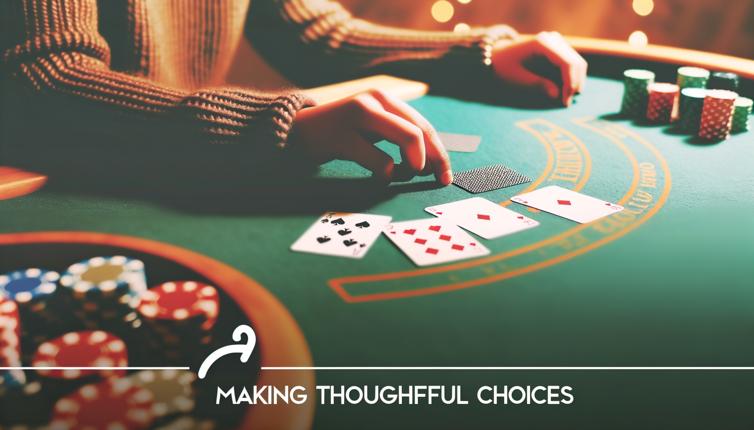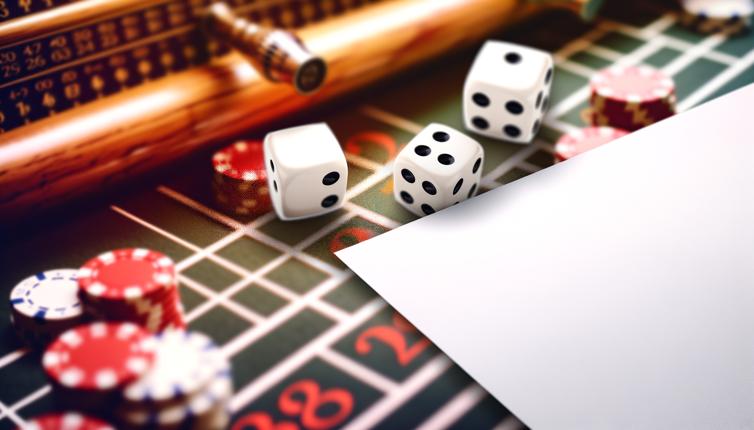Setting Limits
One of the most crucial aspects of responsible gambling is setting limits. This involves establishing how much time and money you are willing to spend on gambling activities.,Set a budget: Before you start gambling, determine how much money you can afford to lose. Set a budget for each gambling session and stick to it. This will help prevent you from spending more than you can afford and experiencing financial difficulties.,Establish time limits: It's easy to lose track of time while gambling. To avoid spending excessive amounts of time gambling, set specific time limits for each session. Use an alarm or timer to remind yourself when it's time to stop.,Avoid chasing losses: Gambling can be unpredictable, and it's normal to experience losses. However, it's important not to chase losses by increasing your bets or playing for longer periods. This can lead to even greater losses and a negative gambling experience.,Take breaks: Gambling for extended periods can be mentally and emotionally draining. Take regular breaks to rest and recharge. This will help you maintain a clear mind and make better decisions.,Self-exclusion programs: If you feel you're losing control over your gambling habits, consider self-exclusion programs. These programs allow you to voluntarily ban yourself from participating in gambling activities for a specific period. This can help you break the cycle of compulsive gambling.
Making Wise Choices
In addition to setting limits, it's important to make wise choices when engaging in gambling activities. This involves understanding the odds, managing your emotions, and being aware of the potential risks.,Know the odds: Different gambling activities have different odds of winning. Educate yourself about the odds of the games you're playing to make informed decisions. Remember, the house always has an advantage, and winning is never guaranteed.,Manage your emotions: Gambling can be exciting and elicit a range of emotions. It's essential to stay calm and avoid making impulsive decisions based on emotions such as frustration or excitement. Stick to your limits and make rational choices.,Avoid alcohol and drugs: Consuming alcohol or drugs can impair your judgment and affect your decision-making abilities. Avoid gambling while under the influence to maintain control and make responsible choices.,Balance gambling with other activities: Gambling should be a form of entertainment and not the sole focus of your life. Make sure to engage in other activities and maintain a balanced lifestyle.,Educate yourself: By learning about the nature of gambling, the risks involved, and strategies for responsible gambling, you can make more informed choices. Take advantage of resources such as books, websites, and support groups to enhance your understanding.,Reach out for support: If you're struggling with gambling-related issues, don't hesitate to seek help. There are numerous support groups and helplines available to provide guidance and assistance.
Conclusion
Responsible gambling is about setting limits, making wise choices, and understanding the risks involved. By establishing a budget, managing your time, and staying informed, you can ensure a safer and more enjoyable gambling experience. Remember to always prioritize your well-being and seek help if needed. Gambling should be a recreational activity that adds to your enjoyment, not a source of hardship.









